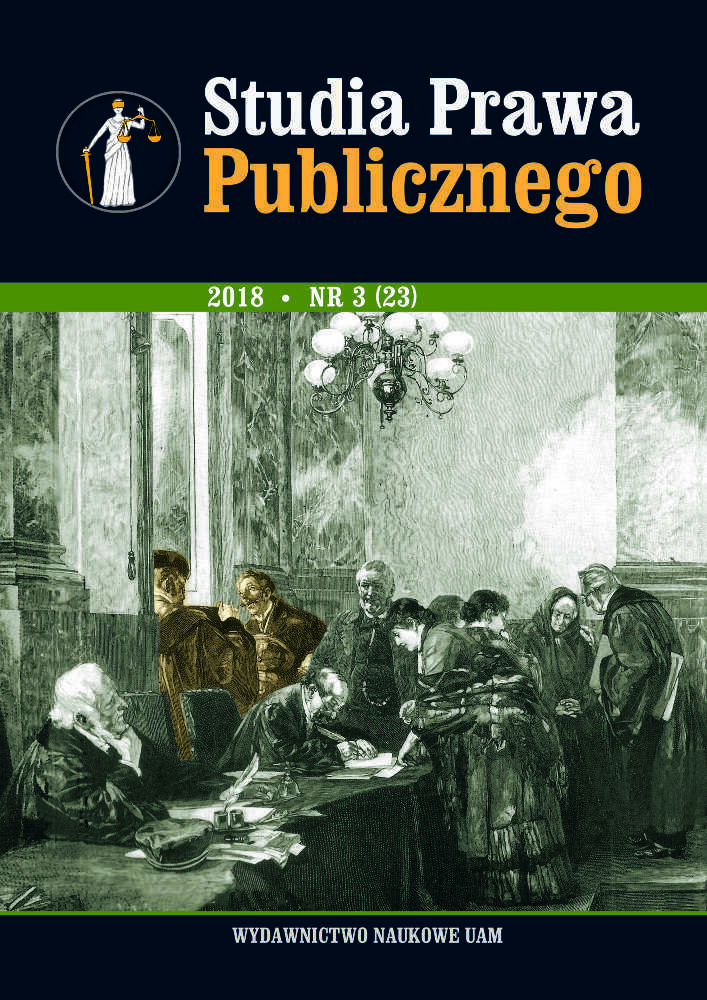Abstract
The article discusses the pension of police officers upon their retirement and is an analysis of the rules related to the granting police pensions and the determinants conditioning their amount and form. Police officers, as well as other representatives of uniformed services, are covered by the pension system which differs significantly from the general pension system provided by the Social Insurance Fund. This difference results mainly from the nature of the police officers’ work and the duties imposed on them. The differences are manifested by the rights granted to officers, which include, among other things, the possibility of a faster retirement benefit in comparison with other workers. The current legal provisions regulating the matter of granting and shaping benefits of police officers’ pensions have been reviewed several times. As a result, retired officers have been now covered by a police pension in three options. These options differ in terms of the length of service for which a policeman in question is entitled to a pension and the manner in which the pension can be increased. Classification into any of the possible pension variants depends on the date of commencement of service in the uniformed formation. In addition, regulations were also introduced involving the possibility of reducing the size of pension in the case of officers employed at the time when Poland was a totalitarian state. The variety of benefits granted within a single formation and the complexities associated with the regulation of police pensions cause many problems arising from their interpretation and the determination of pension benefits for present and former officers.
License
Copyright (c) 2018 Łukasz Krysiński

This work is licensed under a Creative Commons Attribution-NonCommercial-NoDerivatives 4.0 International License.
